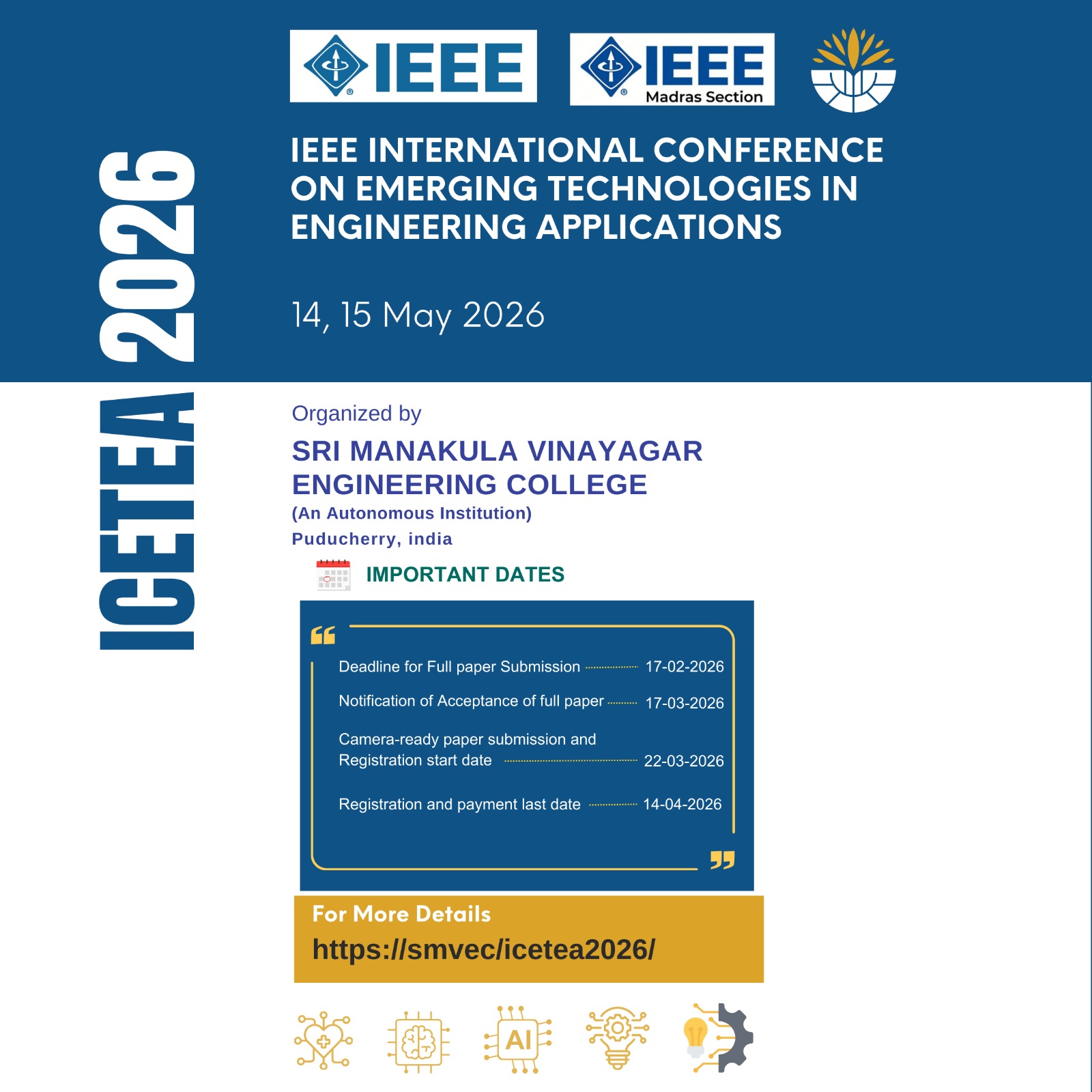What will our cities look like a decade from now? How will civil engineers shape a world facing rapid urbanisation, climate change, and technological disruption? As innovation meets sustainability, the future of civil engineering promises groundbreaking transformations that will redefine how we build, connect, and sustain our environment. This blog explores the future of civil engineering in the next 10 years.
Future Design of Civil Engineering in 10 years
The future of civil engineering is set to undergo a revolutionary transformation driven by the integration of innovative technologies and sustainable design practices. As infrastructure demands evolve and environmental concerns intensify, civil engineers must adopt innovative strategies to meet the needs of a modern society.
A) Smart Infrastructure:
Smart Infrastructure will play a pivotal role in the future of civil engineering. The incorporation of Internet of Things (IoT) sensors and Artificial Intelligence (AI) will enable real time data collection and analysis.
This technology will help monitor the health of structures, detect faults early, and ensure timely maintenance, ultimately increasing the lifespan, safety, and efficiency of infrastructure systems.
B) Sustainable Materials:
Sustainable Materials are at the heart of eco-conscious construction. The future of civil engineering highlights the use of recyclable, low-carbon, and energy efficient materials such as geopolymer concrete, bamboo, and recycled steel.
Green building techniques like rainwater harvesting systems, solar panels, and energy efficient designs will contribute significantly to reducing the industry’s environmental footprint.
C) 3D Printing:
3D Printing is another disruptive innovation. With the ability to fabricate complex structures layer by layer, 3D printing reduces material waste and speeds up construction timelines. It offers the flexibility to create customised components while cutting costs and labour requirements.
D) Modular Construction:
Modular Construction is redefining how we build. By manufacturing components off-site in controlled environments, modular construction enhances precision, minimises on-site disruptions, and accelerates project delivery.
Together, these advancements will reshape the future of civil engineering, enabling the creation of smart, sustainable, and resilient infrastructure tailored to the evolving needs of society.
Skills Needed to Become a Successful Civil Engineer
To thrive in the space of civil engineering, professionals must cultivate a diverse and dynamic skill set that aligns with emerging trends and industry demands. As the future of civil engineering is being shaped by digital transformation, sustainability, and smart infrastructure, the following skills are crucial for aspiring and practising civil engineers.
A) Technical Proficiency
A robust foundation in core subjects such as mathematics, physics, and structural mechanics is fundamental to civil engineering. Engineers must be adept at applying scientific and engineering principles to design, build, and maintain infrastructure that meets both safety standards and societal needs.
This technical acumen enables them to analyse complex problems, conduct feasibility studies, and make analytical decisions. In the future of civil engineering, this proficiency will extend to understanding materials science, climate impacts on structures, and integrating renewable energy into infrastructure systems.
B) Digital Literacy
Civil engineers are expected to be proficient in various design and simulation software tools. Programs like AutoCAD, Civil 3D, STAAD.Pro, Revit, and BIM (Building Information Modelling) have become standard in the industry.
These tools aid in accurate design & drafting and facilitate project visualisation, error reduction, and cost estimation. As infrastructure projects become more complex, digital literacy will be a defining skill for engineers working in the future of civil engineering, where digital twins and AI simulations may become the norm.
C) Project Management
Beyond design and analysis, civil engineers must possess strong project management capabilities. This includes planning, scheduling, budgeting, resource allocation, and risk management.
Civil engineering projects often involve multiple stakeholders, tight deadlines, and budget constraints. Efficient project management ensures that projects are completed on time and within scope. As the future of civil engineering sees the rise of mega infrastructure and smart city initiatives, engineers with project leadership skills will be in high demand.
D) Communication Skills
Successful civil engineers must communicate clearly and effectively with clients, contractors, architects, regulatory bodies, and team members. Whether it’s presenting design concepts, writing reports, or resolving on-site challenges, communication plays a critical role in project success. Collaboration and negotiation skills will be even more essential.
E) Adaptability
The civil engineering sector is undergoing rapid change with the integration of technologies such as AI, IoT, and sustainable practices. Engineers must remain agile, open to lifelong learning, and capable of quickly adapting to new methods and tools.
Embracing change will allow professionals to stay relevant and lead innovation in the future of civil engineering.
Career Pathways for Civil Engineers:
The field of civil engineering offers a wide array of career pathways, each with unique responsibilities, required skill sets, and attractive salary prospects. Here’s a closer look at the key career options available to aspiring civil engineers:
A) Structural Engineer
Structural engineers are responsible for designing, analysing, and ensuring the structural integrity of buildings, bridges, towers, and other infrastructures. They calculate loads, select materials, and assess designs for safety, durability, and compliance with building codes.
Key Skills:
- Proficiency in software like STAAD Pro, SAP2000, and AutoCAD
- Strong mathematical and analytical abilities
- Knowledge of building codes and standards
Average Salary in India: ₹4 – ₹7 LPA (can rise up to ₹12 LPA with experience)
B) Geotechnical Engineer
Geotechnical engineers analyse soil, rock, groundwater, and other earth materials to determine their suitability for construction projects. Their work ensures that foundations, embankments, and slopes are safe and stable.
Key Skills:
- Expertise in soil mechanics and foundation engineering
- Experience with geotechnical software like Plaxis
- Strong problem-solving abilities
Average Salary in India: ₹3.5 – ₹6.5 LPA (higher with M.Tech or PhD specialisation)
C) Transportation Engineer
Transportation engineers plan and design transportation systems such as highways, railways, airports, and urban transit. They focus on improving efficiency, safety, and sustainability in movement and logistics.
Key Skills:
- Knowledge of traffic modelling tools like VISSIM or TRANSYT
- Data analysis and urban planning skills
- Understanding of sustainable mobility practices
Average Salary in India: ₹4 – ₹8 LPA (depending on project scale and sector)
D) Environmental Engineer
Role: Environmental engineers develop solutions to environmental problems by incorporating sustainable design in water treatment, air pollution control, and waste management systems.
Key Skills:
- Familiarity with environmental impact assessment (EIA)
- Proficiency in GIS and environmental modelling software
- Strong regulatory and policy knowledge
Average Salary in India: ₹4 – ₹7 LPA (can go higher in consultancy roles)
E) Construction Manager
Construction managers oversee the planning, coordination, budgeting, and execution of construction projects. They ensure that projects are completed on time, within budget, and meet quality standards.
Key Skills:
- Project management (PMP certification is a plus)
- Leadership and team coordination
- Knowledge of construction scheduling software like Primavera and MS Project
Average Salary in India: ₹5 – ₹10 LPA (can reach ₹15+ LPA for senior professionals)
These diverse opportunities reflect the dynamic and expansive nature of the future of civil engineering, where specialisation, sustainability, and technology integration will shape the next generation of professionals.
Top Recruiters of the Industry
Leading companies in the civil engineering sector include:
- Larsen & Toubro (L&T): A major player in construction and engineering services
- Tata Projects Ltd.: Offers a wide range of infrastructure solutions.
- Shapoorji Pallonji: Known for large-scale construction projects.
- Reliance Infrastructure: Engages in power, infrastructure, and defence sectors.
- DLF: Specialises in real estate and construction.
These organisations are at the forefront of shaping the future of civil engineering through innovative projects and practices.
Civil Engineering at SMVEC: Building the Foundations of Tomorrow
At Sri Manakula Vinayagar Engineering College (SMVEC), our Civil Engineering program is designed to nurture the next generation of infrastructure leaders and innovators. With a future focused curriculum and practical learning approach, we inspire students to become technically sound industry professionals who will shape the future of civil engineering.
Why Choose Civil Engineering at SMVEC?
1) Expert Faculty
Learn from experienced educators and seasoned industry professionals who offer deep knowledge and practical insights into structural design, geotechnics, environmental engineering, and more.
2) Innovative Facilities
Experience modern laboratories and field equipment that provide students with practical exposure to surveying, material testing, fluid mechanics, and construction technology.
3) Industry Oriented Curriculum
Benefit from a syllabus that aligns with current industry standards and includes internships, real-time projects, and guest lectures from leading civil engineering firms.
4) Placement Excellence
Our dedicated placement cell offers career counselling, soft skills training, and placement support, connecting students with top recruiters like L&T, Tata Projects, Shapoorji Pallonji, and other leading infrastructure companies.
5) All Round Skill Development
Engage in technical symposiums, model-making contests, site visits, and research initiatives that develop critical thinking, teamwork, and project management skills.
At SMVEC, civil engineering students graduate not just with a degree but with the practical expertise and confidence to thrive. Our alumni have built successful careers in top organisations across India and abroad, standing as proof that SMVEC is truly a launchpad for the leaders of tomorrow in the future of civil engineering.
Final Thoughts:
The next decade promises significant advancements in civil engineering, driven by technological innovation and a commitment to sustainability. By acquiring the necessary skills and knowledge, aspiring civil engineers can contribute meaningfully to infrastructure and development.
Institutions like SMVEC play a pivotal role in nurturing the talent required to lead and innovate in the future of civil engineering.
FAQs:
1. What is the future of civil engineering in the next 10 years?
The future of civil engineering is driven by smart technologies, sustainable construction practices, and digital transformation. Over the next decade, civil engineers will play a key role in building climate resilient infrastructure, smart cities, and eco-friendly transportation systems.
2. What skills will be in high demand for civil engineers by 2035?
Skills like data analysis, proficiency in AutoCAD and BIM software, project management, and knowledge of green building techniques will be in high demand.
3. What are the best career options in the future of civil engineering?
Top emerging career paths include smart city planner, sustainability consultant, infrastructure data analyst, environmental engineer, and construction technologist.
4. How can students prepare for a career in the future of civil engineering?
Students should focus on strong fundamentals in physics and mathematics, gain practical experience through internships, learn digital tools like BIM and GIS, and pursue courses that integrate sustainability and innovation in civil engineering.
5. Why is SMVEC a good choice for aspiring civil engineers?
SMVEC offers an industry aligned curriculum, modern labs, experienced faculty, and strong placement support. Its focus on research, innovation, and practical training prepares students to succeed in the dynamic future of civil engineering.




